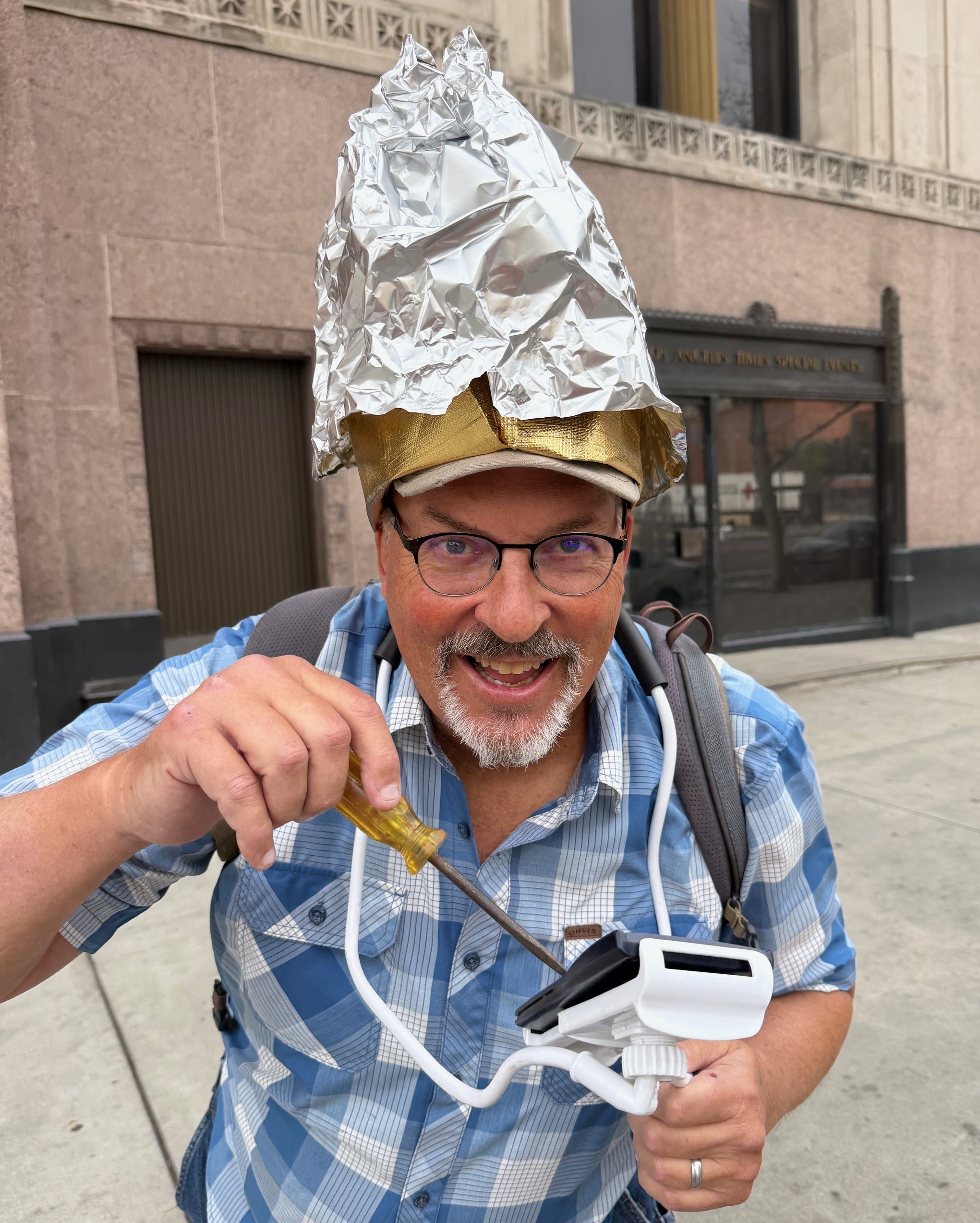The lobbying coalition that helped prod Congress into approving $2.5 billion for high-speed rail last year -- twice as much as the Senate had originally set aside -- today kicked off a new campaign urging lawmakers to approve $4 billion for bullet trains next year and $2.6 billion for Amtrak.
 (Photo: TreeHugger)
(Photo: TreeHugger)At
an event in the capital's Union Station, groups as disparate as the
American Association of State Highway and Transportation Officials (AASHTO) and the infrastructure reform advocates at Transportation for America
linked arms to push for the maximum amount of federal funding, as well
as a dedicated long-term source of high-speed rail revenue.
"We
simply cannot afford a false start on high-speed rail," said John
Krieger, staff attorney at the U.S. Public Interest Research Groups
(PIRG), a consumer protection group and member of the rail coalition.
Nick
Martinelli, the legislative director to House rail subcommittee
chairman Rep. Corrine Brown (D-FL), candidly assessed the resources
required to continue the bullet-train momentum that began when the
Obama administration added an $8 billion infusion to its stimulus bill last year.
An additional $1 billion for high-speed rail -- the level that the White House requested
in its 2011 budget -- "would not even cover planning costs" for states
that want to construct their own networks, Martinelli said.
That
robust demand for high-speed rail, as state transport officials often
note, is largely dependent on Congress agreeing to set aside funding
for such projects in the coming decades. But such dedicated revenue is
a question that must be resolved in a new six-year federal
infrastructure bill, which faces an uncertain future on the Hill amid widespread resistance to gas tax increases.
Martinelli
urged rail advocates to focus on the Senate, where appropriators
initially sought to give high-speed rail $1.2 billion before
compromising with the House, which had met the lobbying coalition's $4
billion goal, on a $2.5 billion infusion.
"Clearly the Senate should be moving strongly" to support bullet train expansion, he said, citing the ambitious rail agenda
in Senate environment panel chairman Barbara Boxer's (D-CA) home state.
"It's fair to say that the House is generally disappointed with what
the Senate has done on transportation."
But Martinelli
also acknowledged the scheduling realities now confronting lawmakers,
many of whom will start focusing primarily on their re-election
campaigns by mid-summer. A final decision on federal high-speed rail
spending, he said, is likely to follow last year's pattern and not emerge until after the November elections.






